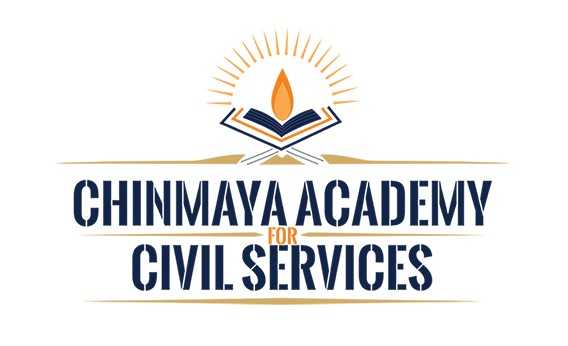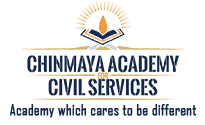IAS Coaching Centre prepares IAS Aspirants for the Civil Service Examination
The Civil Service Exam, conducted by the Union Public Service Commission is considered as one of the most rigorous competitive examinations of India. The exam is to recruit officers for Indian Administrative Service (IAS), Indian Police Service (IPS) and Indian Foreign Service (IFS). So, it is quite apparent, when you are preparing for this exam you may have questions regarding the schedule, UPSC syllabus or other details. The best part of the overall article is that you will get every summarised detail about the examination here. This will help you comprehend the structure of the examination as the review contains in-depth information.
UPSC Syllabus as explained by Civil Service Coaching Centres in Chennai
The preliminary stage of the Civil service examination is concerned with the analytical and reasoning capacity of the candidate. The primary test is the most important and crucial stage as the markys scored counts in the selection procedure. You can get best IAS coaching in chennai to achieve success in the examination. Aspirants preparing for Civil Service examinations have rated the Chinmaya Academy as one of the best coaching centres in Chennai ,which not only encourages the students to pass the examination but also prepares them for the Personality Assessment Stage. .
The Intricacies and Nuances of the UPSC Syllabus and the eminent civil service coaching centres
You should know that UPSC has modified the structure and pattern of the Civil Service examination since the  year 2011. The pattern of the preliminary examination is not as it was earlier. There are three essential stages of the examination-
year 2011. The pattern of the preliminary examination is not as it was earlier. There are three essential stages of the examination-
- Preliminary Examination or the Civil Services Aptitude Test which consists of General Studies Paper-1 and CSAT Paper 2 (objective type):
- General Studies Paper 1- The paper 1 has 200 multiple choice questions each carrying one mark for a correct answer and also negative marking of 0.3 with every wrong answer.
- CSAT Paper 2- the second paper is more like an aptitude-type-exam that tests your graph reading abilities, logical reasoning capability and also Hindi and English comprehension.
- Mains Examination which consists of nine papers (subjective): the nine papers in the written examination is divided into:
- Paper 1(300 marks) – any of the Indian language you can choose from the languages mentioned in the Eighth Schedule of the Constitution
- Paper 2 (300marks)- English
- Paper 3 (200 marks)- Essay
- Paper 4 (300 marks)- General Studies Paper 1
- Paper 5 (300 marks)- General Studies Paper 2
- Paper 6 (300 marks)- Optional 1- Paper 1
- Paper 7(300 marks)- Optional 1- Paper 2
- Paper 8 (300 marks)- Optional 2- Paper 1
- Paper 9 (300 marks)- Optional 2- Paper 2
- Personality Assessment Stage or Personal Interview (verbal) – the personality test consists of 300 marks.
Here is the list of the various optional subjects that the candidate can opt for the Main Examination including Literature or Language:
- Botany
- Agriculture
- Anthropology
- Chemistry
- Civil Engineering
- Economics
- Geography
- History
- Law
- Geology
- Electrical Engineering
- Veterinary Science and Animal Husbandry
- Philosophy
- Zoology
- Relations
- Psychology
- Statistics
- Sociology
- Physics
- Public Administration
- Mechanical Engineering
- Management
- Mathematics
- Political Science and International
- Commerce and Accountancy
- Economics
Literature of the following languages namely Arabic, Bodo, Assamese, Gujarati, Bengali, Chinese, Maithili, Nepali, Marathi, Odiya, Sanskrit, Sindhi, Santali, Pali, Punjabi, Persian, Kashmiri, Dogri, English, Konkani, Kannada, French, Hindi, German, Urdu, Telugu, Tamil, Malayalam, Manipuri and Russian.
Guidance from Civil service Coaching centre in Chennai
The combinations of the following subjects are not allowed in the examination:
1. Mathematics and Statistics
2. Anthropology and Sociology
3. Commerce & Accountancy and Management
4. Management and Public Administration
5. Animal Husbandry & Veterinary Science and Medical Science
6. Political Science & International Relations and Public Administration
7. Electrical Engineering and Mechanical Engineering and Civil engineering.


